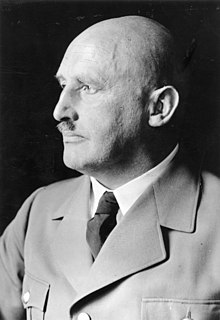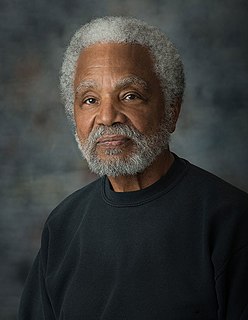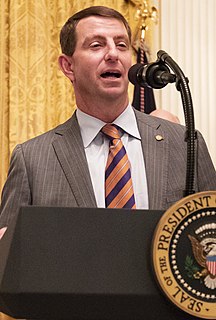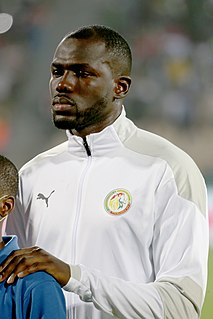A Quote by John Lewis
Reading the Martin Luther King story, that little comic book, set me on the path that I'm on today.
Related Quotes
I remember back in the 1960s - late '50s, really - reading a comic book called 'Martin Luther King Jr. and the Montgomery Story.' Fourteen pages. It sold for 10 cents. And this little book inspired me to attend non-violence workshops, to study about Gandhi, about Thoreau, to study Martin Luther King, Jr., to study civil disobedience.
"March" was inspired by "Martin Luther King and the Montgomery Story." I actually first heard about that comic from John Lewis, who told me that it played an important role in the movement. And so once he told me about that, it made me start thinking, "Well, why doesn't John Lewis write his own comic book?".
The white man supports Reverend Martin Luther King, subsidizes Reverend Martin Luther King, so that Reverend Martin Luther King can continue to teach the Negroes to be defenseless - that's what you mean by nonviolent - be defenseless in the face of one of the most cruel beasts that has ever taken people into captivity - that's this American white man, and they have proved it throughout the country by the police dogs and the police clubs.
The goal of Martin Luther King is to get the Negroes to forgive the people the people who have brutalized them for four hundred years, by lulling them to sleep and making them forget what those whites have done to them, but the masses of black people today don't go for what Martin Luther King is putting down.
Martin Luther King really was a safety valve for white people. Any time it appeared that the black community was on the verge of really doing what we ought to do based on having been attacked, they put Martin Luther King on television. He was always saying, "We must use nonviolence. We must overcome hate with love." White people loved that. That's why they gave him a Nobel Prize. But when Martin Luther King started condemning the Vietnam War, that's when white people turned against him.
I heard of Martin Luther King Jr. when I was 15 years old. I heard of Rosa Parks. And I met Dr. King in 1958 at the age of 18. I met Rosa Parks ... But to pick up a fun comic book - some people used to call them "funny books" - to pick this little book up, it sold for 10 cents, 12 pages or 14 pages? 14 pages I digested. And it inspired me. And I said to myself, "If the people of Montgomery can do this, maybe I can do something. Maybe I can make a contribution."




























